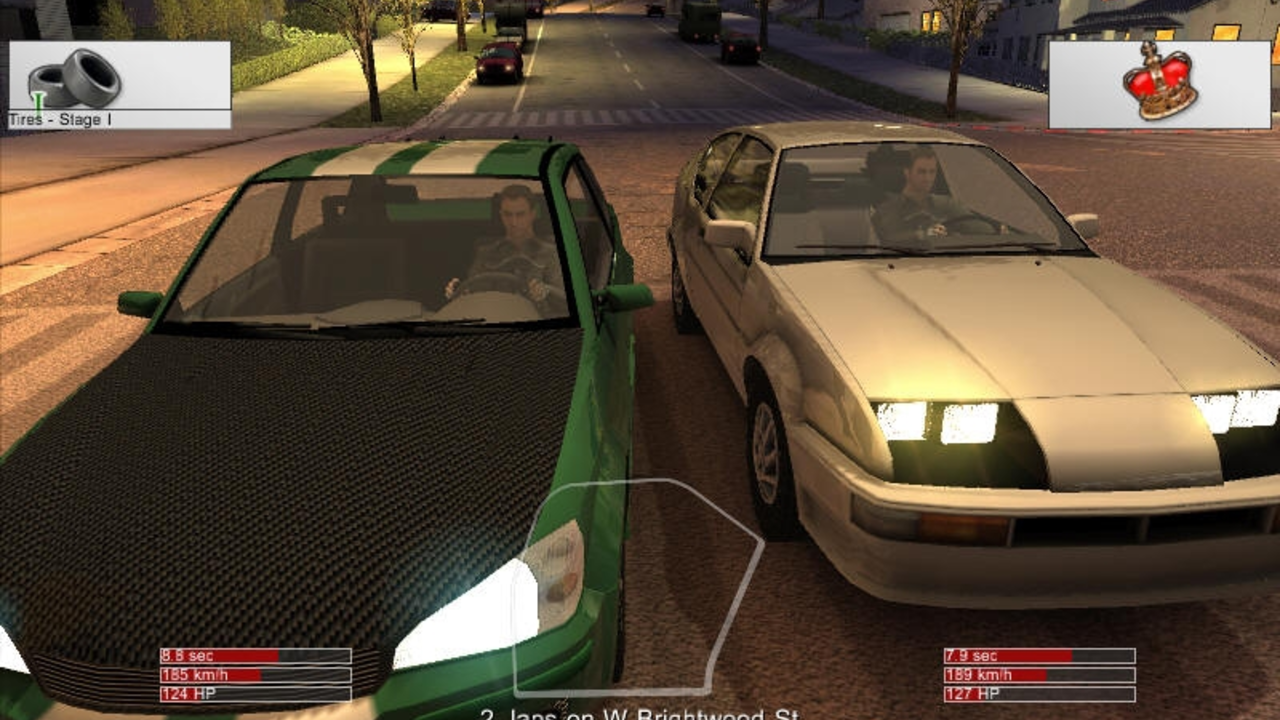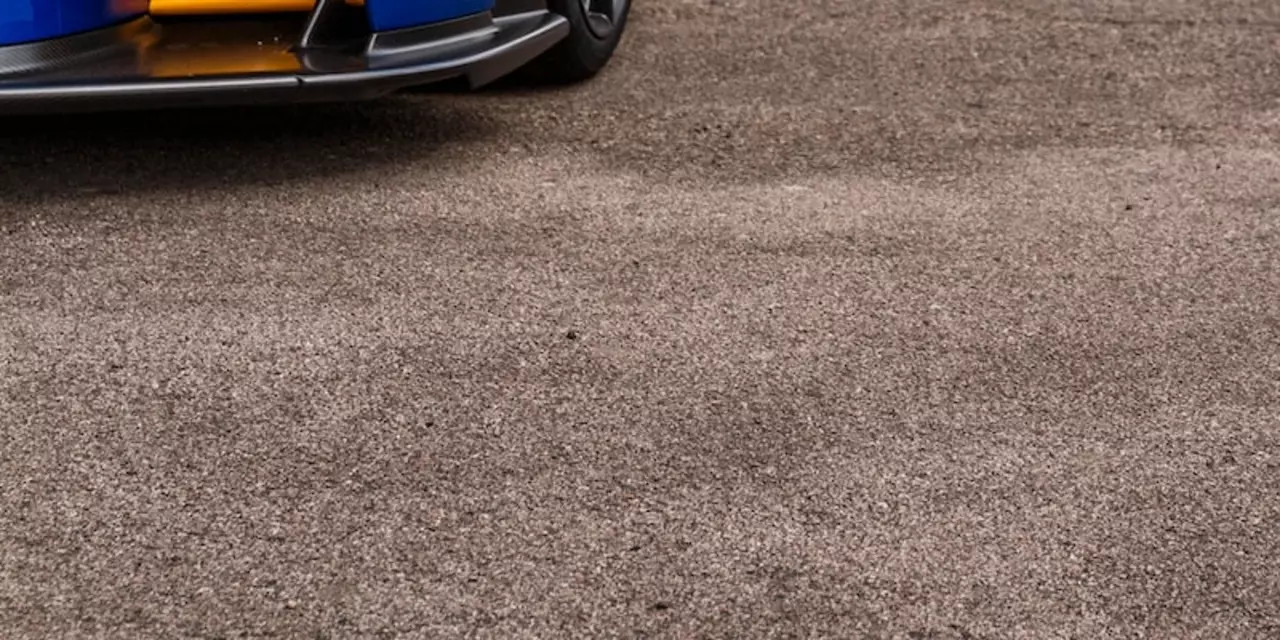Street Racing: What You Need to Know Before You Hit the Asphalt
Street racing grabs attention because the rush is real – raw power, fast cars, and the idea of beating a rival on city streets. But it’s more than just speed; it’s a sub‑culture that mixes music, friends, and a love for tuning. If you’re curious, here’s a straightforward guide that tells you what street racing is, why people love it, and how to keep the fun from turning into trouble.
What is Street Racing?
In plain terms, street racing is an unsanctioned competition where drivers line up on public roads and race to the finish line. The races are usually organized through word‑of‑mouth, social media groups, or local meet‑ups. Cars range from cheap imports to heavily modified imports, and each driver tries to out‑accelerate the other in a short, straight‑line sprint.
Most fans say the appeal comes from three things: the adrenaline of a sudden burst of speed, the bragging rights that come with a win, and the community vibe that builds around shared car mods. You’ll often hear talk of “tuning” – swapping out exhausts, turbochargers, or suspension parts to shave seconds off a quarter‑mile time. The scene is also tied to music, especially hip‑hop and electronic beats that set the mood for a night run.
Street races can happen anywhere – empty parking lots, backroads after midnight, or even on highways during low traffic. Because they’re illegal, the location is chosen for low visibility, which also means safety is rarely a top priority.
Staying Safe and Legal
If the thrill of speed is what draws you, consider legal alternatives first. Many cities host sanctioned drag strips, autonomous race leagues, or time‑attack events where you can test your car’s performance without risking tickets or injury. These venues give you a controlled environment, proper safety gear, and the chance to meet the same crowd you’d find on the streets.
When you do decide to attend a street meet‑up, follow a few basic rules. Never race under the influence of alcohol or drugs – even a small amount can turn a 0‑60 sprint into a crash. Make sure your car is in good mechanical shape: check brakes, tires, and fluid levels before any run. And always wear a proper helmet and a racing seatbelt if possible.
Respect the community. Most racers value honor; if you lose a race, shake hands and leave the crowd without a scene. Avoid provoking police – many events have “lookouts” who warn participants when officers are nearby. If you get a warning, pull over calmly and let the officers handle the situation.
Finally, think about the long‑term impact on your life. A DUI or a reckless‑driving charge can cost you your license, insurance premiums, and even a job. The short buzz isn’t worth a permanent mark on your record.
In short, street racing offers a raw, exciting glimpse into car culture, but it comes with real risks. By choosing legal tracks, staying sober, and keeping your car in top shape, you can enjoy the speed without endangering yourself or others. The next time a friend asks about a midnight run, you’ll have the facts to steer the conversation toward safer, smarter options.

How to find local street racing?
Finding local street racing can be a thrilling pursuit. Start by connecting with local car enthusiasts or joining automotive groups on social media platforms. These communities often have insider info on upcoming races. Be aware, though, street racing is illegal and dangerous in many areas. Always prioritize safety and consider attending legal racing events instead.
read more
How common is street racing in USA and other countries?
Street racing is an illegal activity that takes place in many parts of the world, including the United States. In the US, street racing is most common in cities with large populations, such as Los Angeles and New York City. It is also popular in other countries, such as Japan, the Philippines, and Canada. Street racing carries a large risk of injury, property damage, and even death, and it is illegal in most countries. Law enforcement agencies have been cracking down on street racing in recent years, with increased fines, jail time, and impounded vehicles for those caught participating.
read more